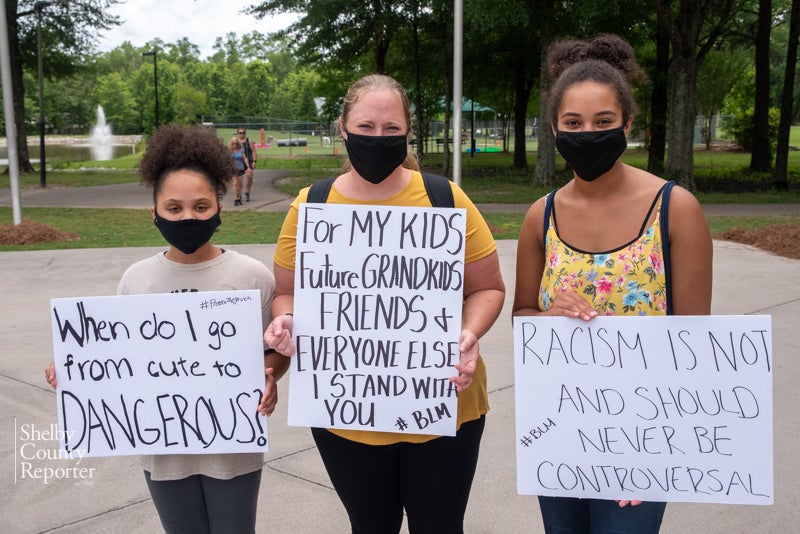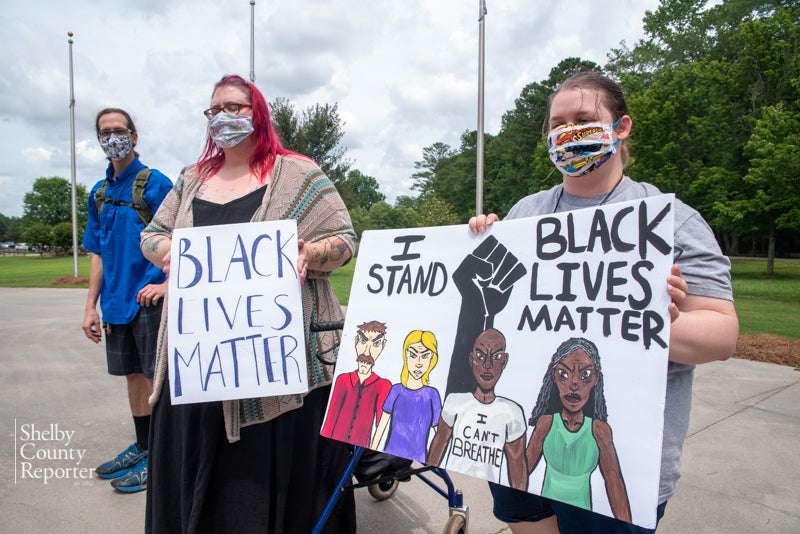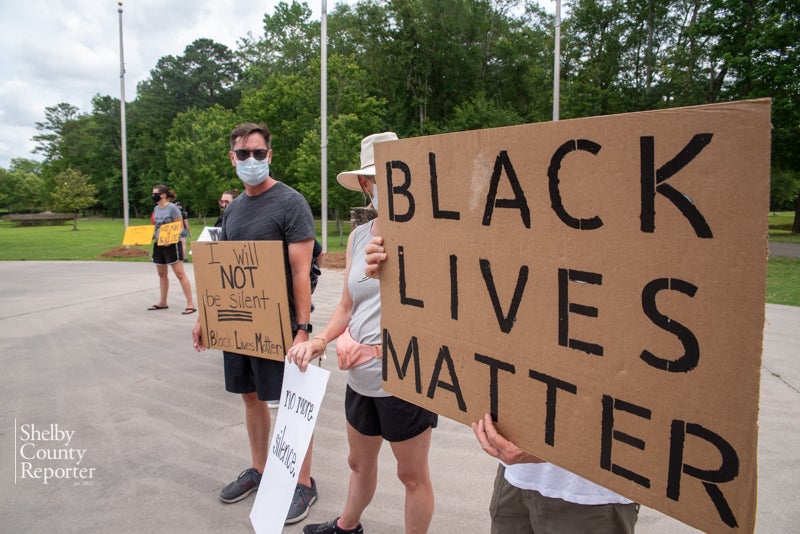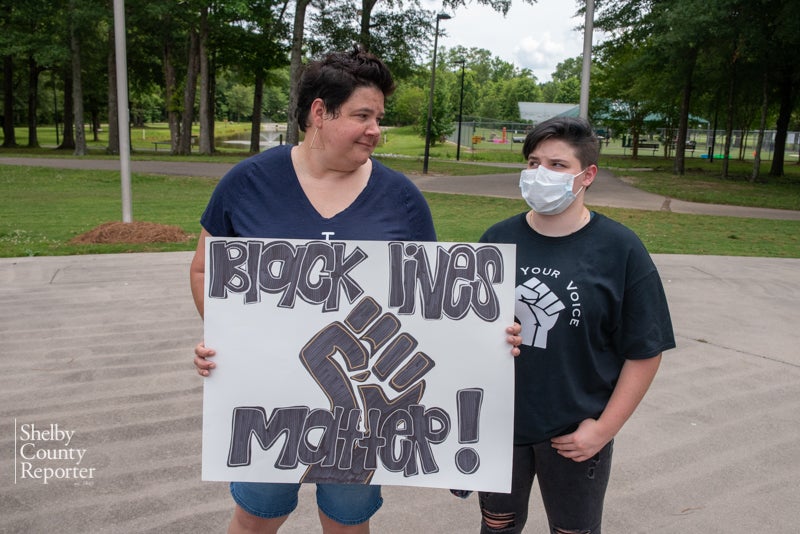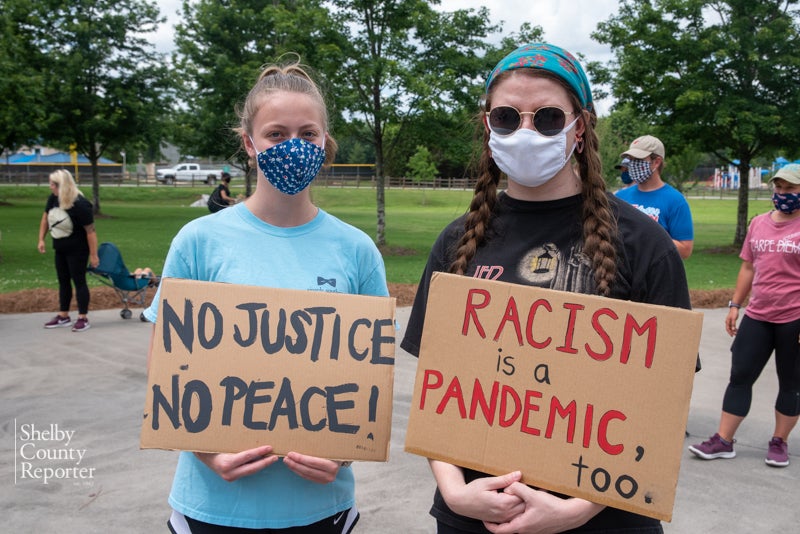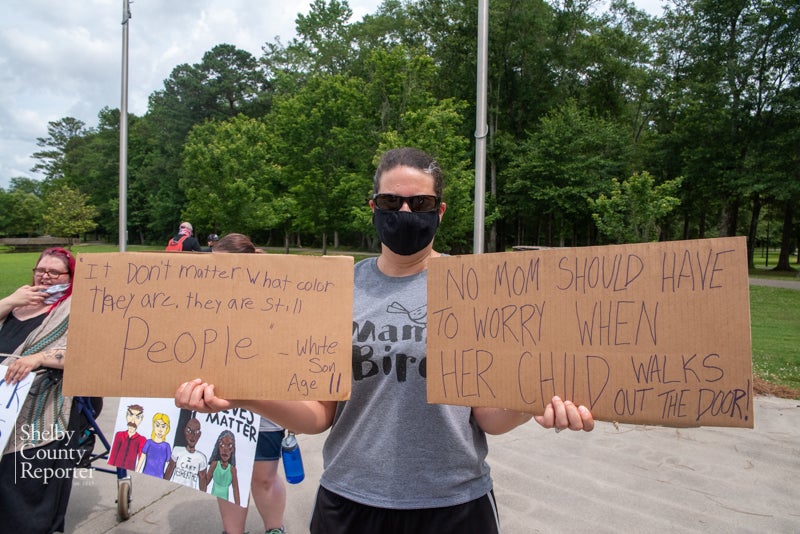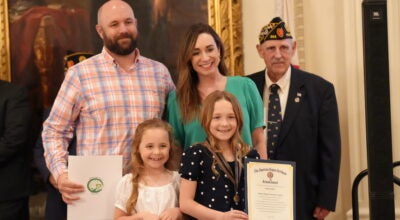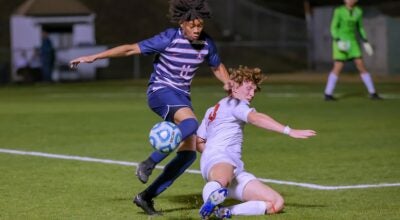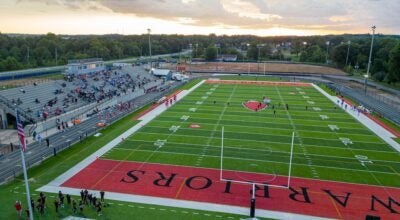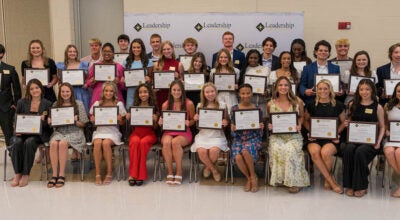Protest for racial equality held at Alabaster Veterans Park
Published 9:38 am Monday, June 8, 2020
|
Getting your Trinity Audio player ready...
|
ALABASTER – Carrying signs, chanting and speaking about their experiences, more than 50 people rallied at Veterans Park in Alabaster on Saturday, June 6, for equal treatment of black people.
The protest followed others across the country that started in Minneapolis, Minn., after the killing of George Floyd by a police officer. Outrage quickly spread to metropolitan and, more recently, suburban areas.
“We have to recognize our privilege and use that to protect our brothers and sisters,” one protester said.
Another said that while there have been other moments of outrage over the unequal treatment of black people, “something feels different now, and I hope that’s the case.”
“I want to learn, I want to listen and I want to do better, and I want to teach my kids better,” she said.
Signs carried by protesters declared “Black is Beautiful,” “White Moms for Black Lives,” “Love Wins,” “I Will Not Be Silent,” and “Silence is Violence.”
One young girl of color held a sign that asked “When do I go from cute to dangerous?”
Protesters began the rally with chants of “No justice, no peace;” “black lives matter;” “I can’t breathe;” and “silence is violence.”
The protesters were welcomed to the park by Alabaster Mayor Marty Handlon.
“We’re here to stand with you, and if there’s anything we can do,” Handlon said.
Protesters asked Handlon about initiatives in place or planned to ensure fair treatment for people of color. While Handlon said she has not implemented any measures, she vowed to learn more about the issue and see what could be done.
Elizabeth Johnson said that in high school she advocated for the LGTBQ community but not racial equality.
“I told people it wasn’t my issue,” Johnson said but added she has come to understand its importance. “Today if we can change one mind, if we can raise one more voice, it’s worth it.”
Alabaster City Schools Coordinator of Technology Anthony Kingston said as a black man who has lived in Alabama for 49 years, he has been touched by issues of race.
“I want to thank you all for coming out and being a voice for us,” Kingston said. “It starts with each one of us looking in the mirror and saying, ‘How can I reach my brothers and sisters.’”


